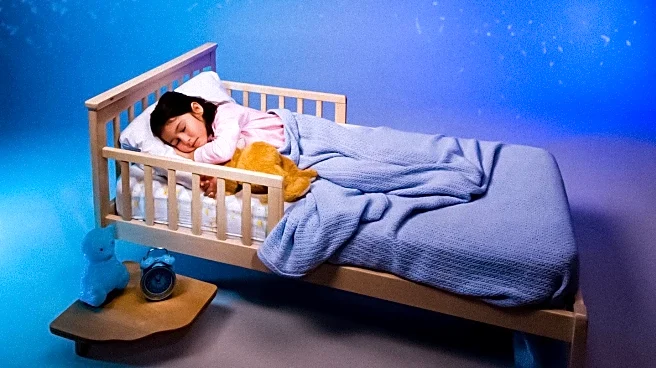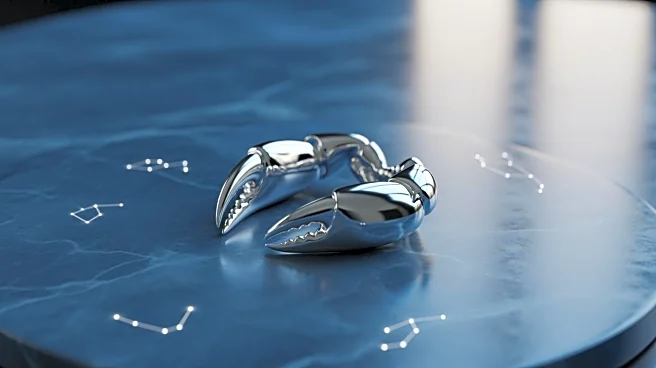What is the story about?
What's Happening?
Sleep trackers, widely used by individuals seeking to improve their sleep quality, may inadvertently lead to poorer sleep, according to experts. Dr. Robert Satriale from Temple Health and Dr. Oliver Sum-Ping from Stanford Medicine highlight that while these devices offer insights into sleep patterns, they are not as accurate as traditional sleep studies conducted in certified clinics. Sleep trackers typically measure physiological data such as heart rate and movement, but their accuracy in determining sleep stages is limited. This can lead to users developing sleep anxiety, as they may become overly fixated on the data provided by these devices, potentially worsening their sleep quality.
Why It's Important?
The widespread use of sleep trackers reflects a growing concern about sleep health among Americans, with millions suffering from sleep disorders. However, the reliance on these devices can lead to increased stress and anxiety about sleep, which paradoxically can degrade sleep quality. This issue underscores the need for better public understanding of the limitations of consumer sleep technology and the importance of professional medical advice for sleep-related issues. The potential negative impact on sleep quality could affect productivity, mental health, and overall well-being, making it a significant public health concern.
What's Next?
Users of sleep trackers are advised to use the data as a general guide rather than a definitive measure of sleep quality. Experts recommend focusing on lifestyle changes to improve sleep, such as maintaining a consistent sleep schedule and reducing screen time before bed. If sleep issues persist, consulting a sleep medicine physician for a professional evaluation and treatment plan is recommended. This approach can help mitigate the anxiety associated with sleep tracking and promote healthier sleep habits.
















